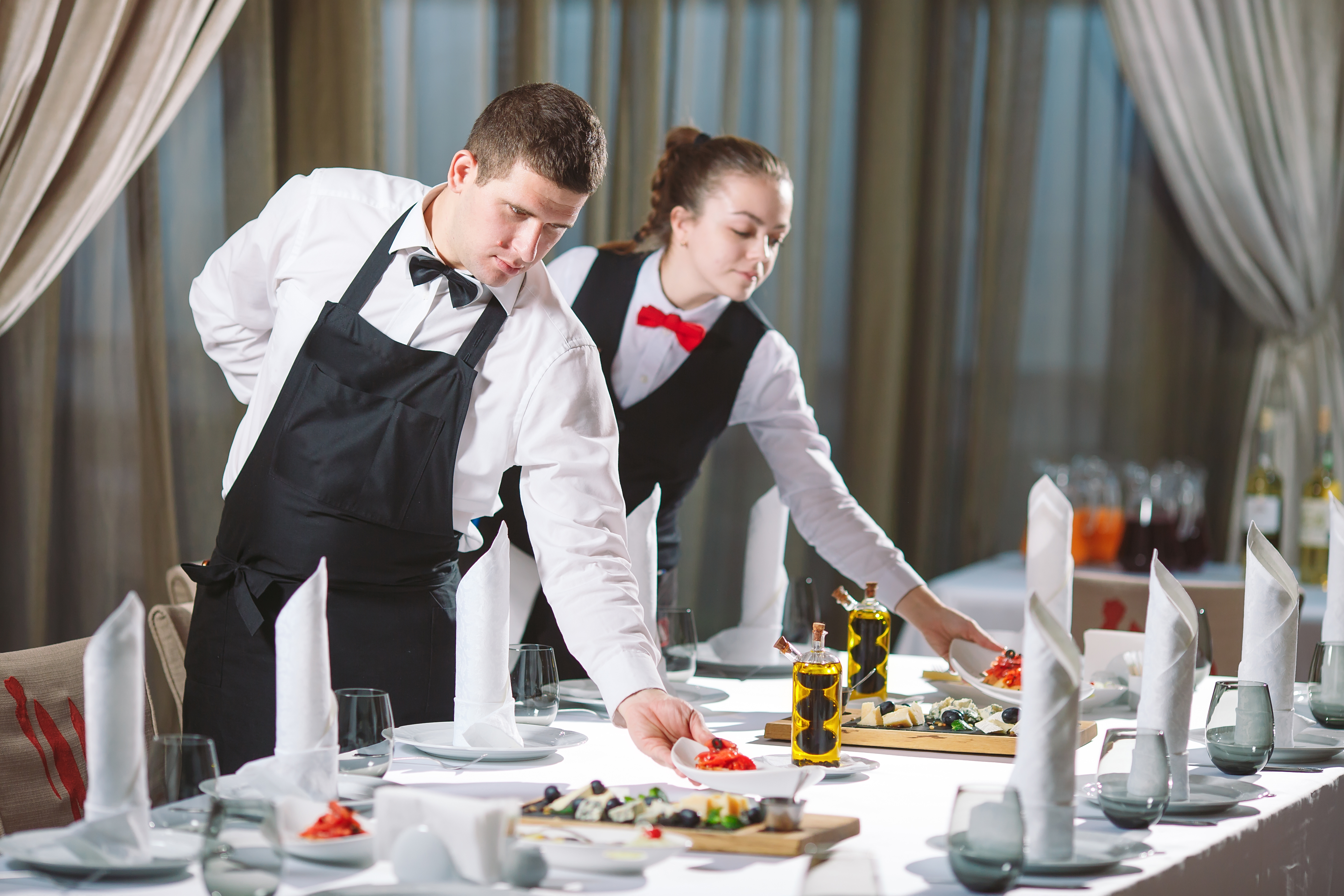

Experiential Dining
Brian T. HillWhy do we eat at restaurants? Obviously, we go to restaurants for the food, thus satisfying that basic human necessity, the foundation of the needs pyramid. But why do we choose to eat at restaurants? There are many possible reasons for this.
Restaurants offer convenience, of course. They allow us to forego our own meal preparation and clean-up. Restaurants can often accommodate large groups (and their disparate tastes) better than we can in our own homes. They can be faster than meals at home, considering we can skip preparation and jump to the meal itself, even grabbing it through a drive-through.
Restaurants provide meals for us when we lack access to our own kitchen facilities. This can happen when a pipe breaks or when we remodel a kitchen. It also happens when we travel. Indeed, restaurants and hotels have a long history together. Prior to the late 18th century, for example, the only public “restaurants” in the United States were inns and other lodging establishments. It wasn’t until the following century that the term “restaurant” became common.
Most restaurants come with an expectation of quality, whereas we may possess limited skill in our own kitchens. They offer a diversity of selections—even of entire cuisines—thus expanding our culinary options beyond our own traditions.
Beyond all these motives lies another: we dine out for the experience. We go to restaurants to have a good time. We go to celebrate special (and ordinary) occasions. We enjoy visiting thematic restaurants. We enjoy listening to live music with our dinner. Cabarets, dinner theaters, comedy clubs, and similar venues offer great entertainment along with a meal.
Dining out can make us feel special. As I grew up, my family didn’t have a lot of money, so eating out was always a luxury. Maybe a birthday or graduation treat. Yet even now that I can eat out more frequently, it still makes me feel special. A smiling host greets me at the door. They guide me purposefully to a table and hand me a menu. Soon, a smiling waiter greets me and asks what they can do for me. They take my order and check back regularly to see how I’m doing. They rush to fill my beverage glass whenever they see it diminishing. Nobody else in my life treats me with such deference!
Our experiences are shaped by more than just doting waiters. Location, décor, music, uniforms, service, and—of course—the food all contribute to our experience. Even the expectations we ourselves bring with us contribute to our ultimate enjoyment. On that point, I haven’t quite figured out the connection, however. In some cases, our expectations may be so high that even the slightest infraction will lower our satisfaction. In other cases, our expectations may encourage us to overlook specific faults and enjoy the overall experience anyway. Regardless, our mindset certainly matters.
Dining with friends and loved ones can also enhance an outing. It’s no coincidence that so many restaurant commercials feature groups of mirthful diners. For many years, one famous restaurant’s slogan was, “When you’re here, you’re family.“
Celebrations and other special occasions often call for restaurant dinners. In some restaurants, the staff will exuberantly clap and sing a birthday anthem around your table. In dim, candlelit restaurants, an optimistic suitor will sometimes take a knee in the classic marriage proposal, while all other diners look on in hopeful anticipation. A small scoop of ice cream with a lone candle will make anybody feel special. A broad sombrero and a Polaroid™ picture to go on the wall, even more so.
While we can’t ignore the importance of the food, so much more goes into the experience of dining out. Done right, it can create memories to last a lifetime. Good experiences can form the basis for new traditions. They may even—dare I say it?—turn you into a restaurant reviewer and blogger!